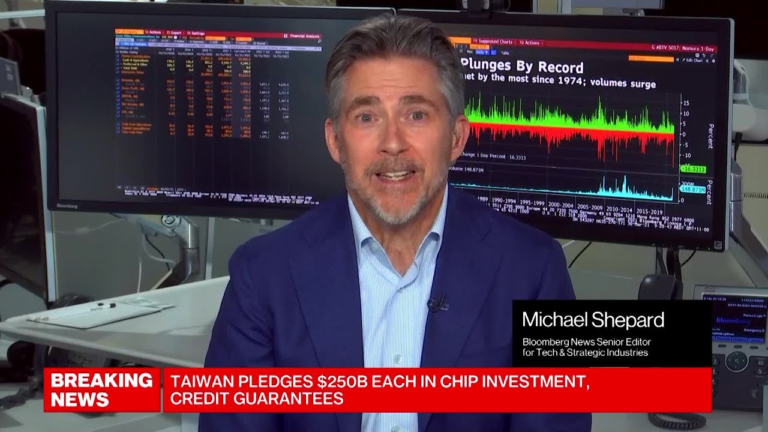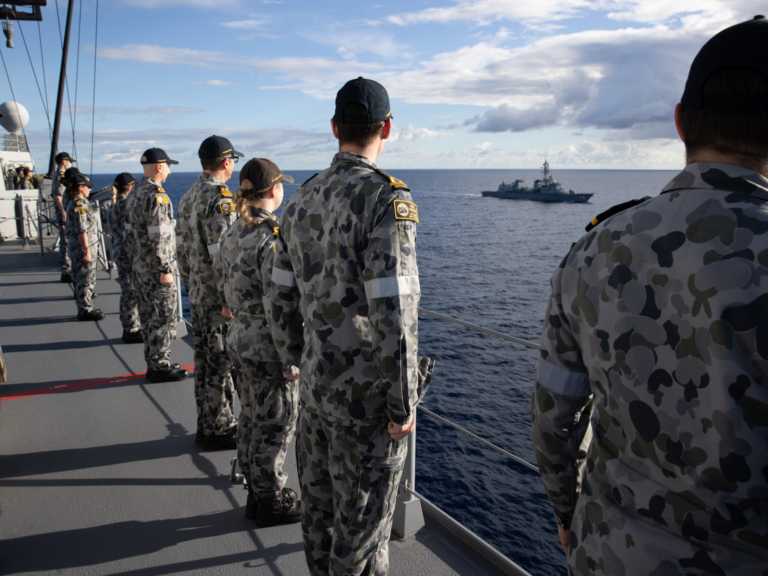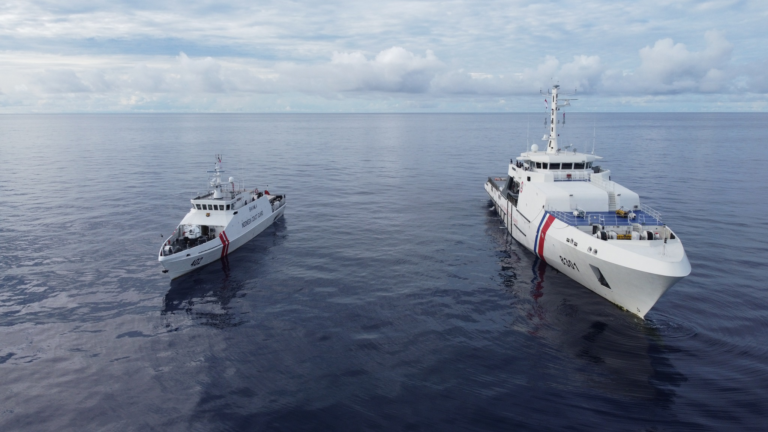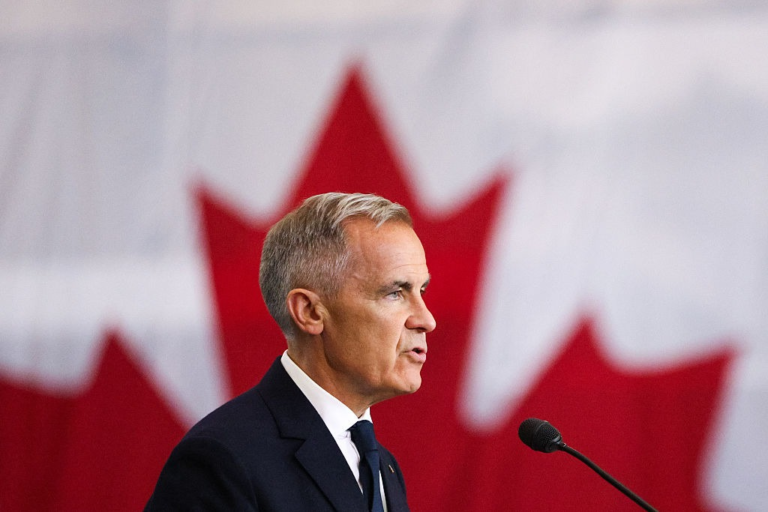
The new US ambassador to Japan says Washington and Tokyo must do more to align their defense forces to counter an increasingly assertive China. Beijing dismissed the comments as a diplomatic slur.
The United States and Japan must cooperate more on defense in the face of an increasingly confrontational China, new US ambassador to Tokyo, George Glass, said upon his arrival in the country on Friday.
Tokyo has started a historic military build-up in recent years and has embarked on various projects with Washington to align their forces and defense sectors.
Meanwhile, Japan is also trying to negotiate its way out of the Trump administration’s sweeping tariffs.
Although a 90-day pause temporarily spared Japan from 24% across-the-board tariffs, a 10% baseline tariff and a 25% tax on imported cars, auto parts, steel and aluminum exports still remain in place.
“I’ve met now with most of the principals who are in the room and doing the negotiating… I’m extremely optimistic that a deal will get done,” Glass said.
How has China responded?
Responding to Glass’s comments, Chinese Foreign Ministry spokesperson Lin Jian said diplomats should promote friendship between countries rather than smear them.
He stressed that China has been a force for international peace.
“Who is flaunting military force, provoking confrontation and threatening peace everywhere?” Lin told a regular press briefing. “The international community has never been clearer about this.”
What does the US want Japan to do?
US President Donald Trump has made no secret of his displeasure at the cost of defense alliances.
Japan hosts the biggest overseas deployment of US troops internationally and is also a base for squadrons of US fighter jets and Washington’s only forward-deployed aircraft carrier strike group.
Glass told his ambassadorial confirmation hearing in March that he would need to push Japan to pay more toward military support.
The US president has made no secret of his displeasure at the cost of defense alliances.
He reportedly wants Japan to pay more for hosting 54,000 US troops, mostly in the southern island prefecture of Okinawa. Japan currently pays about $1.4 billion (just over €1.2 billion) annually to keep the US military presence.
Trump wants negotiations on those costs to be part of ongoing trade negotiations sparked by his sweeping import tariffs on dozens of countries including Japan.
Glass is a prominent businessperson with a background in finance, investment banking and technology and is a former ambassador to Portugal.





